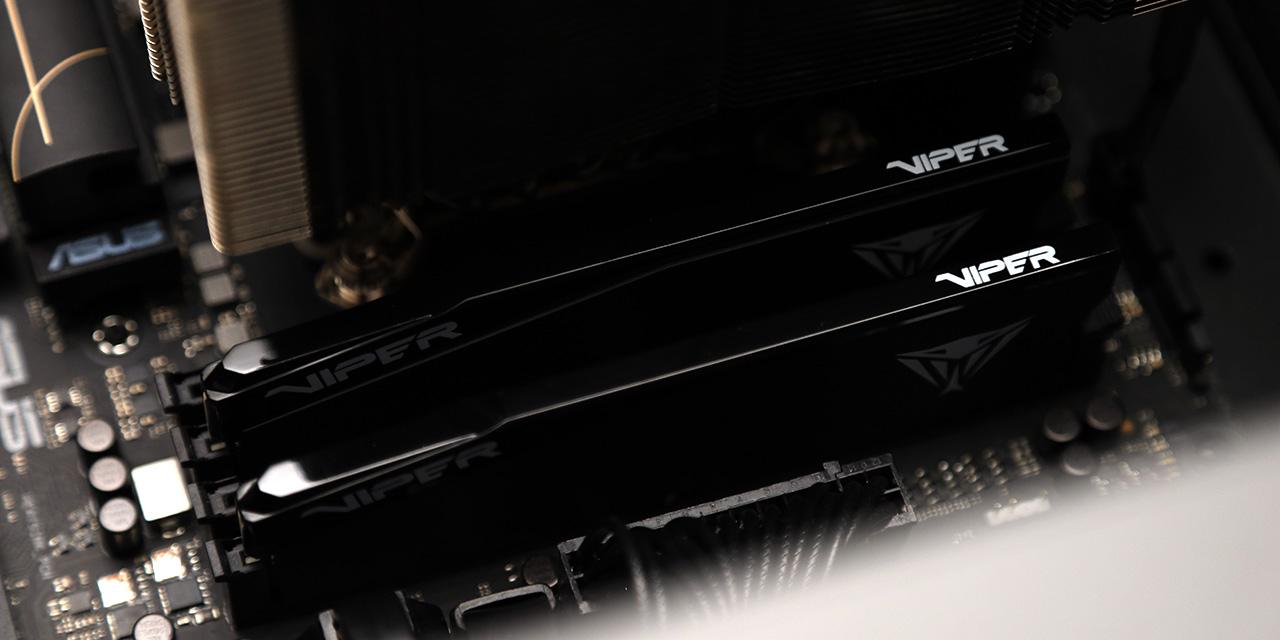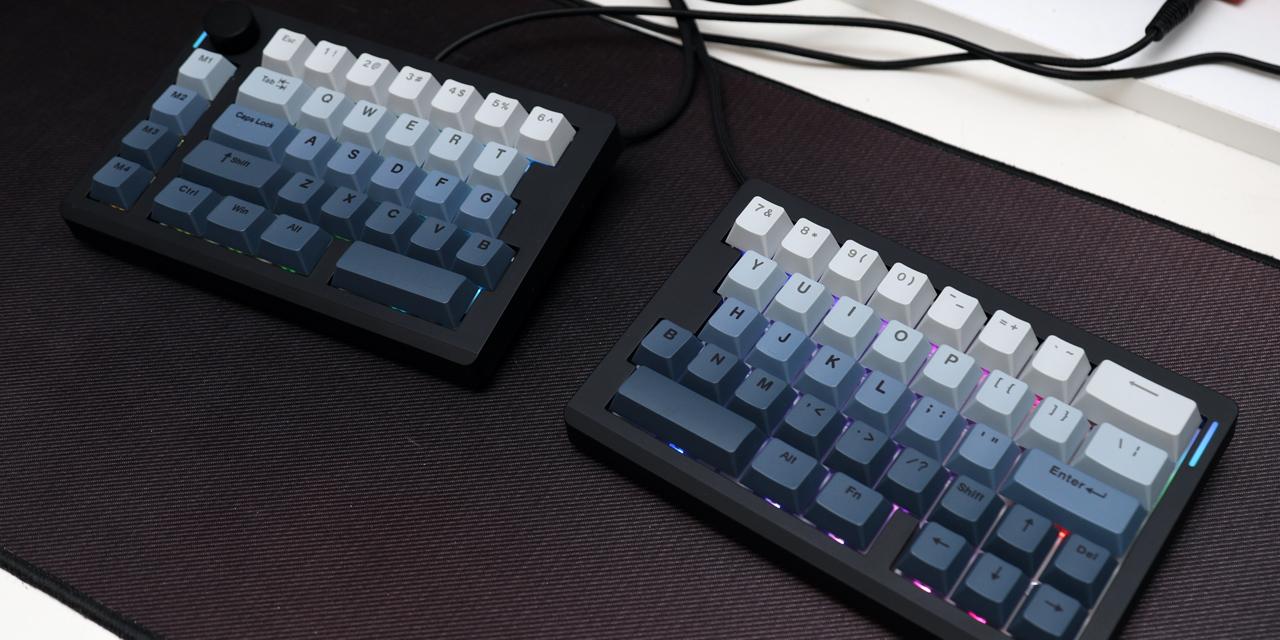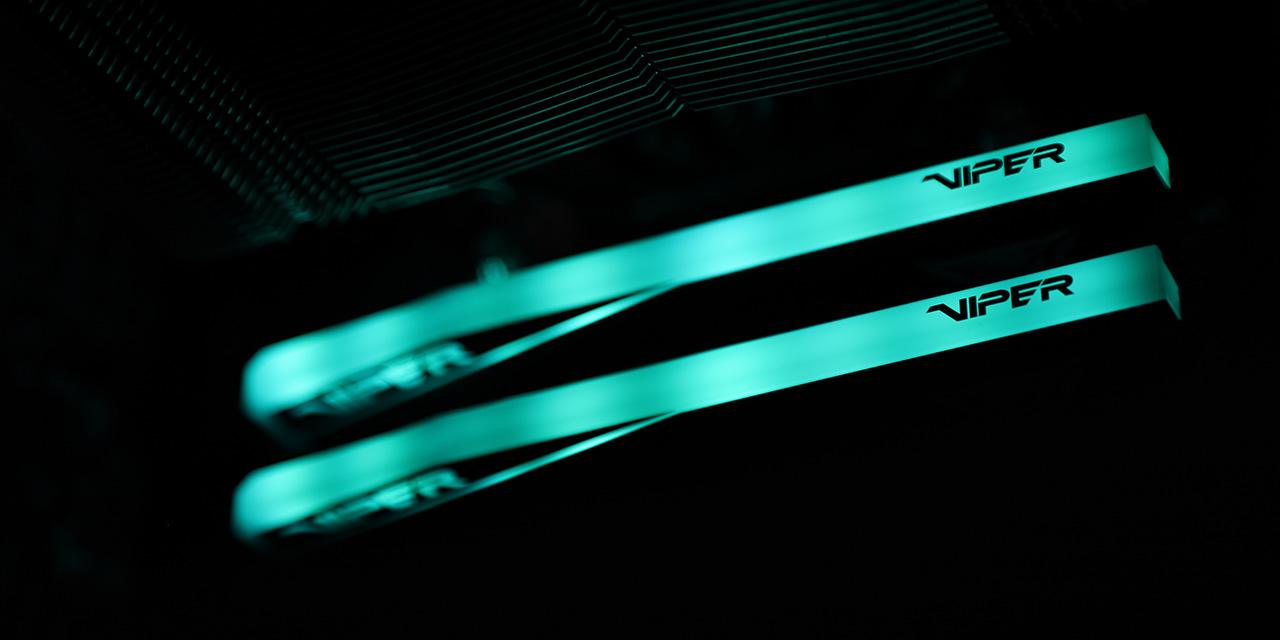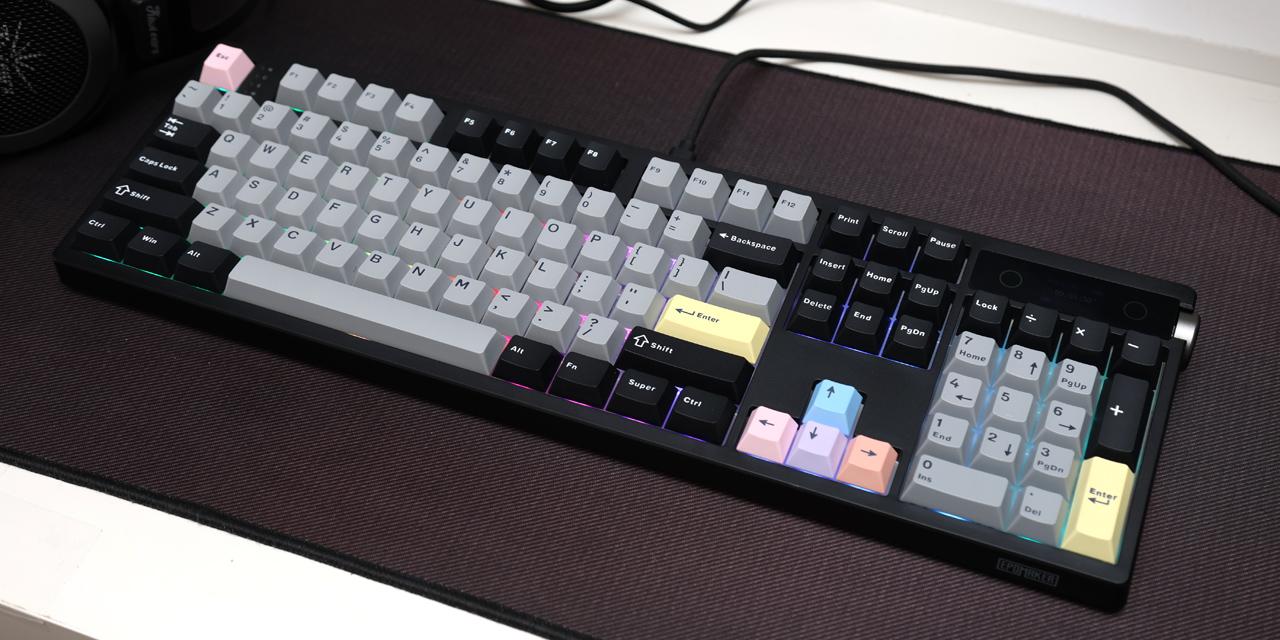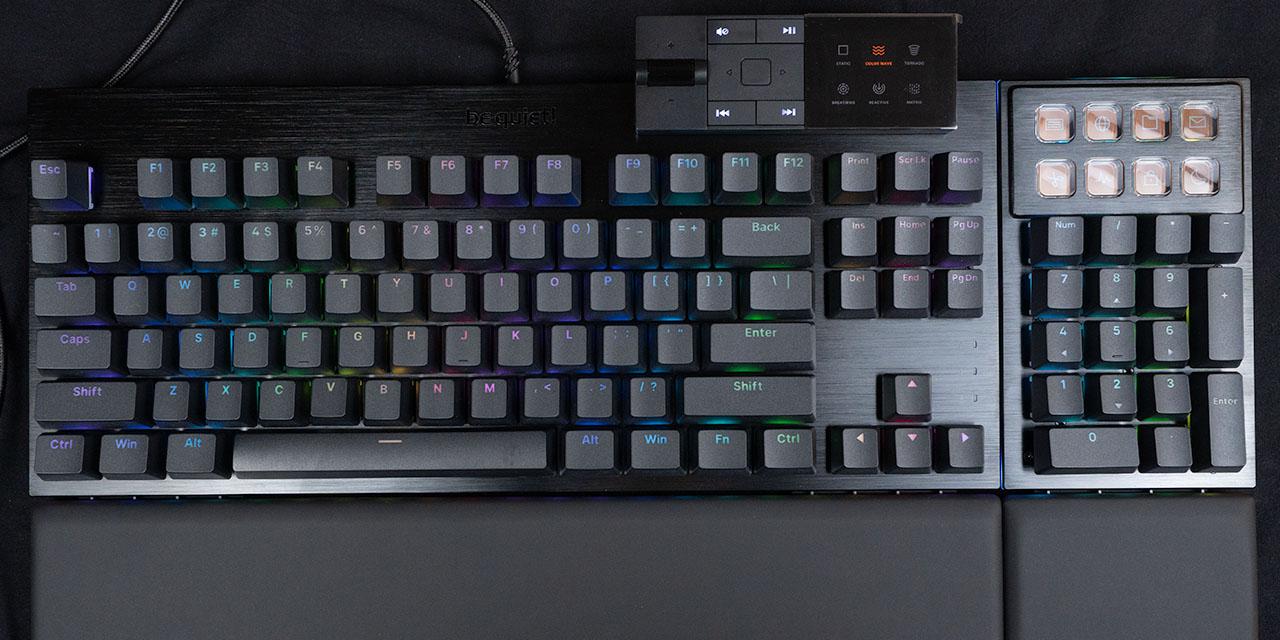|
From X-bit Labs: Slides from a detailed Intel Corp.’s desktop platform roadmap have been leaked by a blogger. The slides confirm that Intel has no plans to introduce code-named Broadwell microprocessors next year; the roadmap also claims that the chip giant will only refresh the desktop platform with higher-speed chips based on Haswell micro-architecture as well as with new chipsets. The slides, which resemble those from Intel Corp.’s roadmaps and were published by asder00.blogspot.it, cover Intel’s plans concerning desktop microprocessors and chipsets till the second quarter of 2014. The images confirm what has been rumoured for some time now: Intel will introduce its new high-end desktop microprocessors in LGA2011 form-factor in Q3 2013 and will refresh the mainstream desktop Core i-series “Haswell” microprocessor lineup in Q2 2014. As reported before, Intel decided to can Rockwell microprocessors for desktops and is now expected to introduce code-named Haswell Refresh platform in Q2 2014. The new platform will feature Intel 9-series chipsets as well as speeded up versions of Haswell chips, but not code-named Rockwell microprocessors made using 14nm process technology, as planned several quarters back. The chip giant intends to refresh the whole lineup of desktop central processing units – from Core i7 down to Celeron. In addition, Intel will introduce rather mysterious Core i7-4771 processor in Q3 2013. Also, next quarter Intel is projected to roll-out H81 chipset next quarter. Although Haswell Refresh family of microprocessors will provide only a slight performance boost compared to existing offerings, Intel 9-series chipsets will clearly feature a number of important innovations. Intel 9-series chipsets, which will include such core-logic sets as Z97 and H97 as well as derivatives, will support SATA Express interface for high-speed storage devices, which will bolster performance of high-end SSDs that are currently limited by SATA-6Gb/s. In addition, the core-logic series will support all-new Intel device protection technology with boot guard, which will enhance platform security against low-level malware attacks. View: Article @ Source Site |
 |
Detailed Intel Roadmap for 2013 – 2014 Timeframe Gets Published
© Since 2005 APH Networks Inc. All trademarks mentioned are the property of their respective owners.
